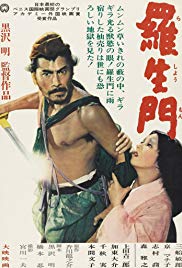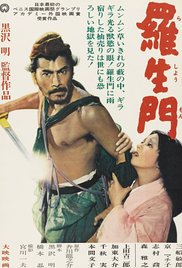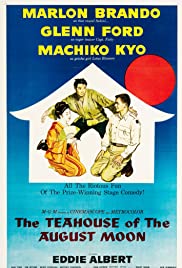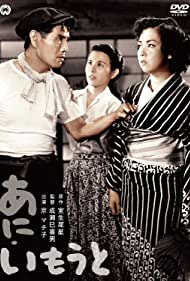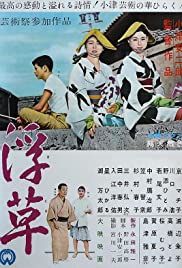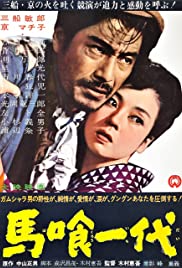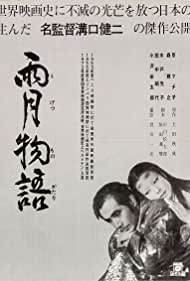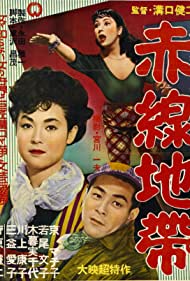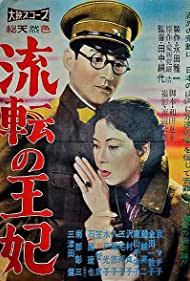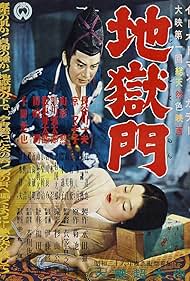StreamM4u - Machiko Ky Movies and Tv Shows
StreamM4u.com.co - All Machiko Ky Movies and TVshows
Rashomon (1950)
Rashomon (1950)
The rape of a bride and the murder of her samurai husband are recalled from the perspectives of a bandit, the bride, the samurais ghost and a woodcutter
Rashomon (1950)
Rashomon (1950)
The rape of a bride and the murder of her samurai husband are recalled from the perspectives of a bandit, the bride, the samurais ghost and a woodcutter
The Teahouse of t
The Teahouse of the August Moon (1956)
In post WWII Japan, an American captain is brought in to help build a school, but the locals want a teahouse instead
Older Brother, Yo
Older Brother, Younger Sister (1953)
In Older Brother, Younger Sister, director Mikio Naruses adaptation of an oft filmed popular novel by Saisei Muro, the eldest daughter Machiko Kyo of a rural family comes home pregnant, testing some already tenuous family bonds N
Floating Weeds (1
Floating Weeds (1959)
The head of a Japanese theatre troupe returns to a small coastal town where he left a son who thinks he is his uncle, and tries to make up for the lost time, but his current mistress grows jealous
The Life of a Hor
The Life of a Horsetrader (1951)
This early gem starring the great Mifune Toshiro tells the tale of Katakana Yonetaro aka The Shark, a rough and tumble horse trader in Japans rugged northernmost territory of Hokkaddo always ready to drink, fight, gamble and
Ugetsu (1953)
Ugetsu (1953)
A tale of ambition, family, love, and war set in the midst of the Japanese Civil Wars of the sixteenth century
Street of Shame (
Street of Shame (1956)
The personal tales of various prostitutes who occupy a brothel
Ruten no ohi (196
Ruten no ohi (1960)
A film adaptation of the autobiography of Aishinkakura Hiro, who lived a tumultuous life as the consort of Fuketsu, the younger brother of Emperor Puyi of Manchukuo
